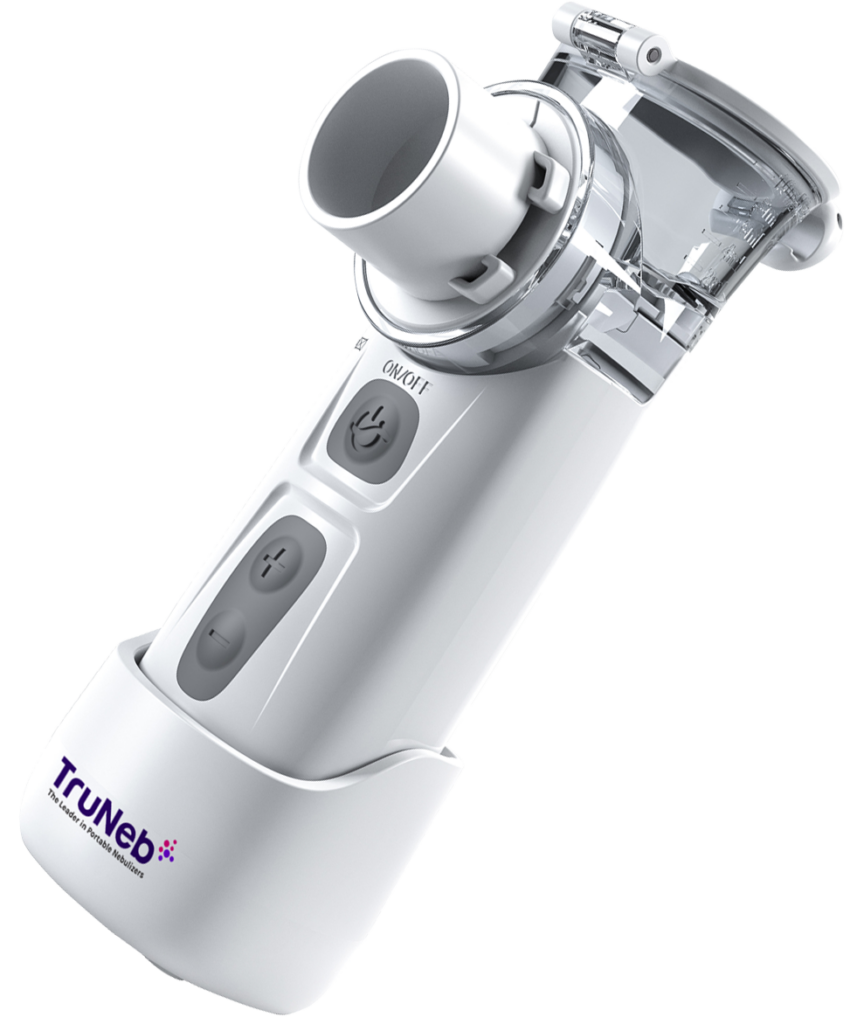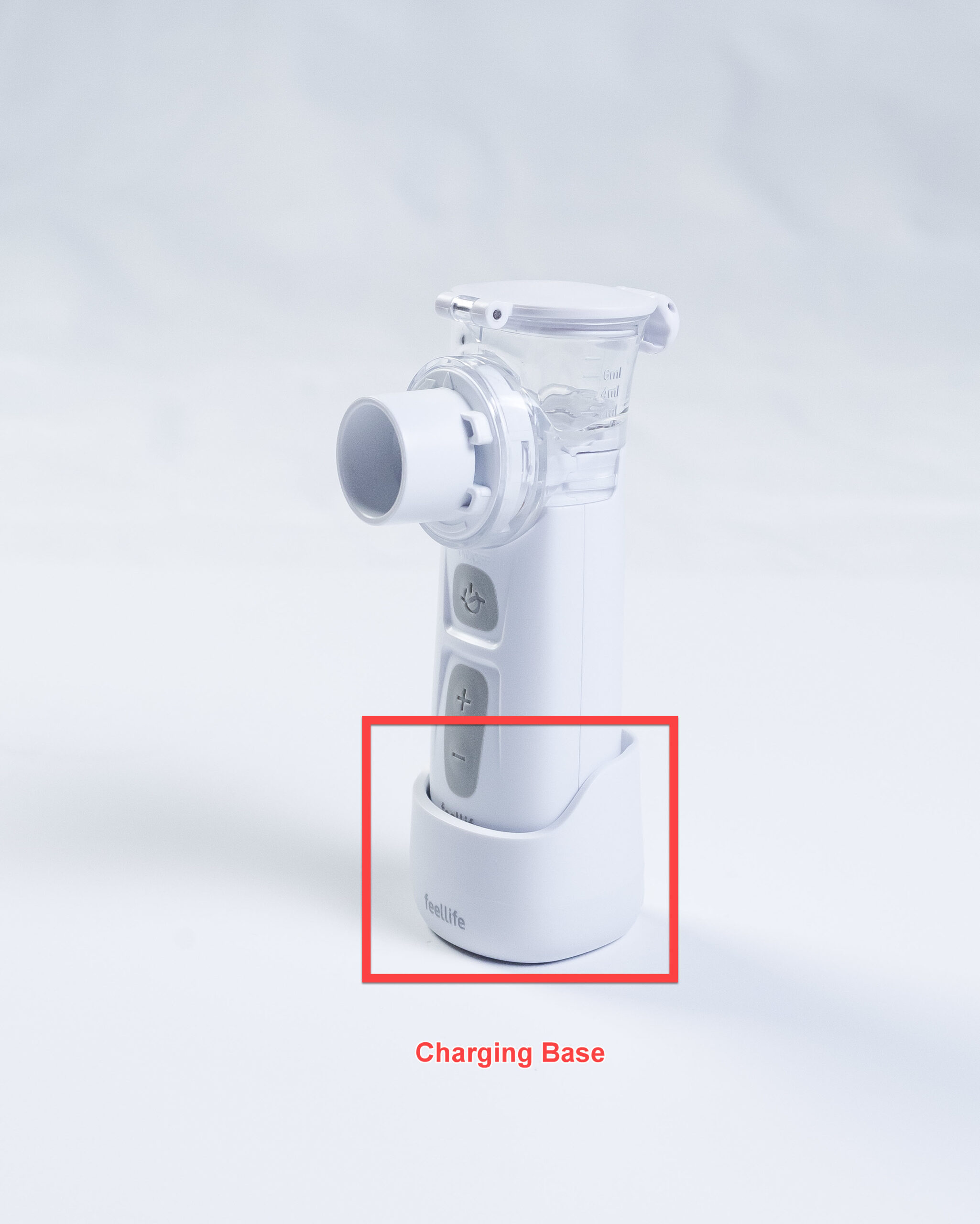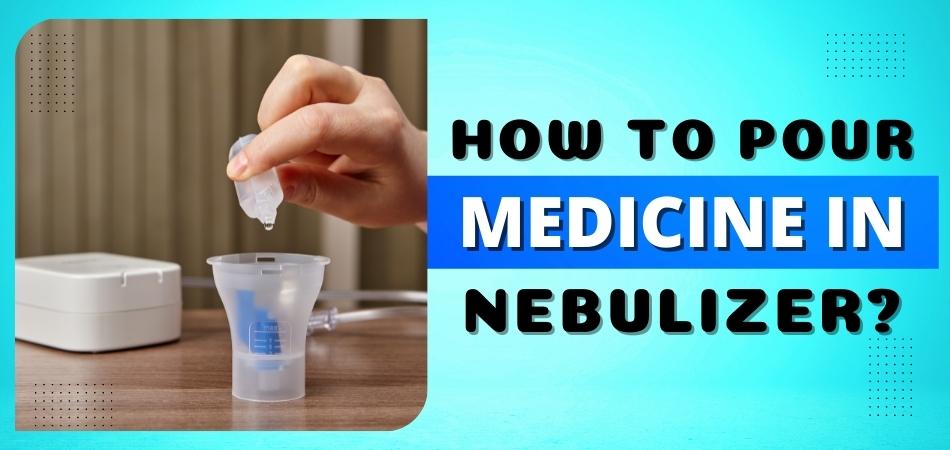Many people with asthma or other respiratory illnesses rely on nebulizers to deliver medication directly to their lungs. Nebulizers use a compressed air device to turn medication into a mist, which is then inhaled.
Some medications, such as albuterol, require saline to be added to them before they can be used in a nebulizer.
Saline can also be used to clean the nebulizer tubing and mask. While it is generally safe to add saline to a nebulizer, there are some things you should keep in mind when doing so.
How to Use a Nebulizer Including Saline Solution?
If you have a sinus infection, your doctor may prescribe a nebulizer. A nebulizer is a small, hand-held machine that turns liquid medicine into a fine mist that you inhale through a mouthpiece or mask. The medication goes directly to your lungs and airways to help you breathe better.
Saline solution is often used in nebulizers to thin out mucus so it can be removed more easily.
- Fill the nebulizer cup with sterile saline solution
- Connect the cup to the compressor unit
- Place the mouthpiece in your mouth and seal your lips around it
- Turn on the compressor unit and breathe normally until the medication is gone
Is It Ok to Use a Nebulizer with Just Saline?
A nebulizer is a medication delivery device that helps you breathe in your medicine. The medicine is put into a small cup and heated until it becomes a fine mist.
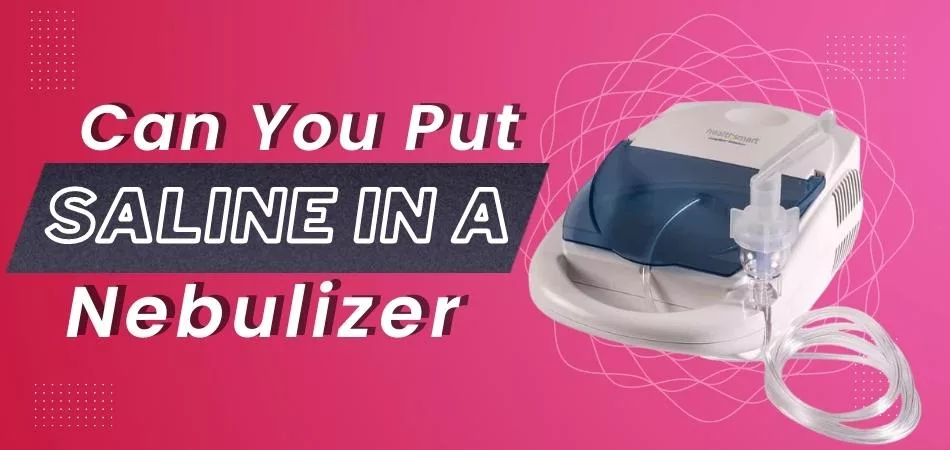
You then put the mouthpiece of the nebulizer in your mouth and breathe in the mist. Some people only use saline, or salt water, in their nebulizers, but is this really effective?
Saltwater, or saline, is often used as a home remedy for congestion. When you have a cold or allergies, your nose and throat can get very irritated and inflamed. The extra moisture from the saline can help to soothe these symptoms.
However, using just saline in your nebulizer will not have the same effect. When you use a nebulizer with just saline, the sodium particles are too large to reach deep into your lungs.
In order to be effective, the medication must be able to reach deep into your lungs where it can help to reduce inflammation. If you only use saline in your nebulizer, you will not get the full benefit of the medication.
There are some times when it is ok to use just saline in your nebulizer. If you are having mild symptoms and just need some extra moisture, using saline can be helpful. Just make sure to follow the instructions on the package and do not use more than recommended.
If you are using a nebulizer for more serious respiratory conditions, it is important to use the medication that has been prescribed by your doctor.
Only using saline will not give you the relief that you need and could make your symptoms worse. Be sure to follow your doctor’s instructions and always consult with them before making any changes to your treatment plan.
What Kind of Saline Do You Use in A Nebulizer?
A nebulizer is a device that uses a compressed air machine to turn liquid medication into an aerosolable mist. The most common type of nebulizer for home use is an ultrasonic nebulizer, which uses high-frequency vibrations to create the mist.
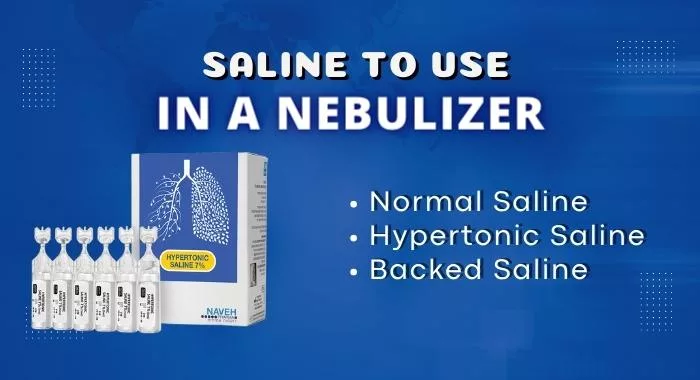
The type of saline solution you use in your nebulizer depends on the condition being treated and the recommendations of your healthcare provider.
Some common types of saline solutions used in nebulizers include:
- Normal Saline: A 0.9% NaCl (sodium chloride) solution that is isotonic (has the same salt concentration as blood). It can be used to treat a variety of respiratory conditions such as bronchitis, sinusitis, and allergies.
- Hypertonic Saline: A 3% or 5% NaCl solution that is used to help loosen mucus in the lungs so it can be coughed up and removed more easily. It is often used in conjunction with other treatments such as chest physiotherapy or antibiotics.
- Backed Saline: An 8.5% NaCl solution that helps remove mucus from the lungs by drawing water into them and thinning it out.
This type of saline is not typically used on its own but rather as part of a larger treatment plan for conditions such as cystic fibrosis or COPD (chronic obstructive pulmonary disease).
Is Saline Solution Good for Lungs?
Saline solution is often used as a home remedy to help clear stuffy noses and sinus infections, but does it work? The short answer is yes, saline solution can be good for your lungs.
Saline solutions are typically made with a combination of salt and water, which can help to loosen mucus in the chest and make it easier to cough up. This can be especially helpful if you’re suffering from a cold or the flu. Of course, it’s important to use saline solution properly in order to avoid any potential health risks.
Be sure to follow the instructions on the package, and never use more saline than recommended. It’s also a good idea to consult with your doctor before using saline solution, especially if you have any preexisting medical conditions.
What Can I Mix With Saline Solution for a Nebulizer?
When your doctor prescribes a medication for you to use with your nebulizer, follow his or her directions. In general, however, you can mix most medications with saline solution. The saline solution is simply salt water.
It will not hurt you if you accidentally take a sip while using your nebulizer. Some medications should not be mixed together, so it is important to read the labels on both the medication and the saline solution before adding them to your nebulizer cup. If you have any questions, ask your pharmacist or doctor.
Saline Nebulizer Side Effects
If you or your child uses a nebulizer to take medication for asthma, allergies, or another condition, you may be wondering about the potential side effects. Saline nebulizers are safe for most people, but there are a few things to keep in mind. Most people tolerate saline nebulizers well.
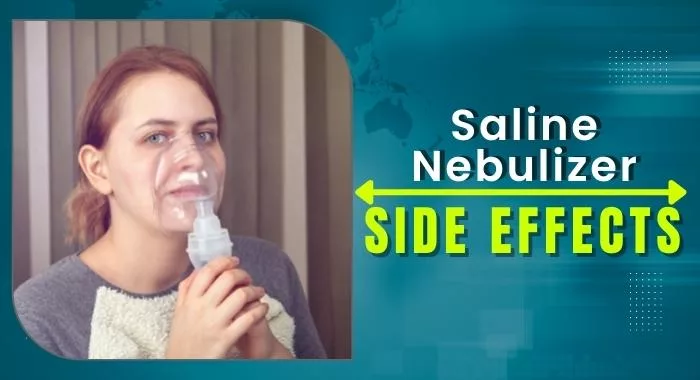
The most common side effect is coughing during or after treatment. This is usually due to the dryness of the air and can be relieved by drinking plenty of fluids afterward. Some people also experience temporary sore throats or hoarseness.
In rare cases, more serious side effects can occur. These include wheezing, difficulty breathing, chest tightness, and rash. If you experience any of these symptoms after using a saline nebulizer, stop treatment immediately and call your doctor.
Saline nebulizers are generally safe for most people, but it’s important to be aware of the potential risks involved.
Where Can I Buy Saline Solution for Nebulizer?
If you have a nebulizer, you may be wondering where you can buy saline solution for it. Saline solution is a sterile, salt water solution that is used to cleanse wounds and nasal passages. It can also be used as a medium for nebulized medications.
Nebulizers convert liquid medication into a mist that can be inhaled into the lungs. They are often used to treat respiratory conditions such as asthma and COPD. A nebulizer requires a small amount of saline solution to create the mist.
You can purchase the saline solutions at most pharmacies or online retailers. Be sure to choose a sterile, preservative-free product for the best results.
Saline Nebuliser Dose for Adults
When it comes to finding the right saline nebulizer dose for adults, there are a few things that you need to take into account. The first thing is the severity of your condition. If you have a mild case of COPD, then you might only need a 2.5% saline solution.
However, if your condition is more severe, then you might need up to 5% saline solution. Another thing to consider is your weight. A heavier person will require a higher dose than a lighter person.
Finally, your doctor will also factor in any other medications that you are taking. With all of this taken into account, they will be able to determine the best dose for you as an individual.
Conclusion
A nebulizer is a medical device that helps turn liquid medication into a fine mist, making it easier to inhale. Many people use them to treat respiratory conditions such as asthma.
Some nebulizers can also be used to deliver a saline solution, which is a saltwater solution that can help thin mucus and reduce congestion.
While using a nebulizer with saline solution is generally safe, there are a few things to keep in mind. Make sure to follow the instructions that come with your nebulizer, and talk to your doctor if you have any questions.
